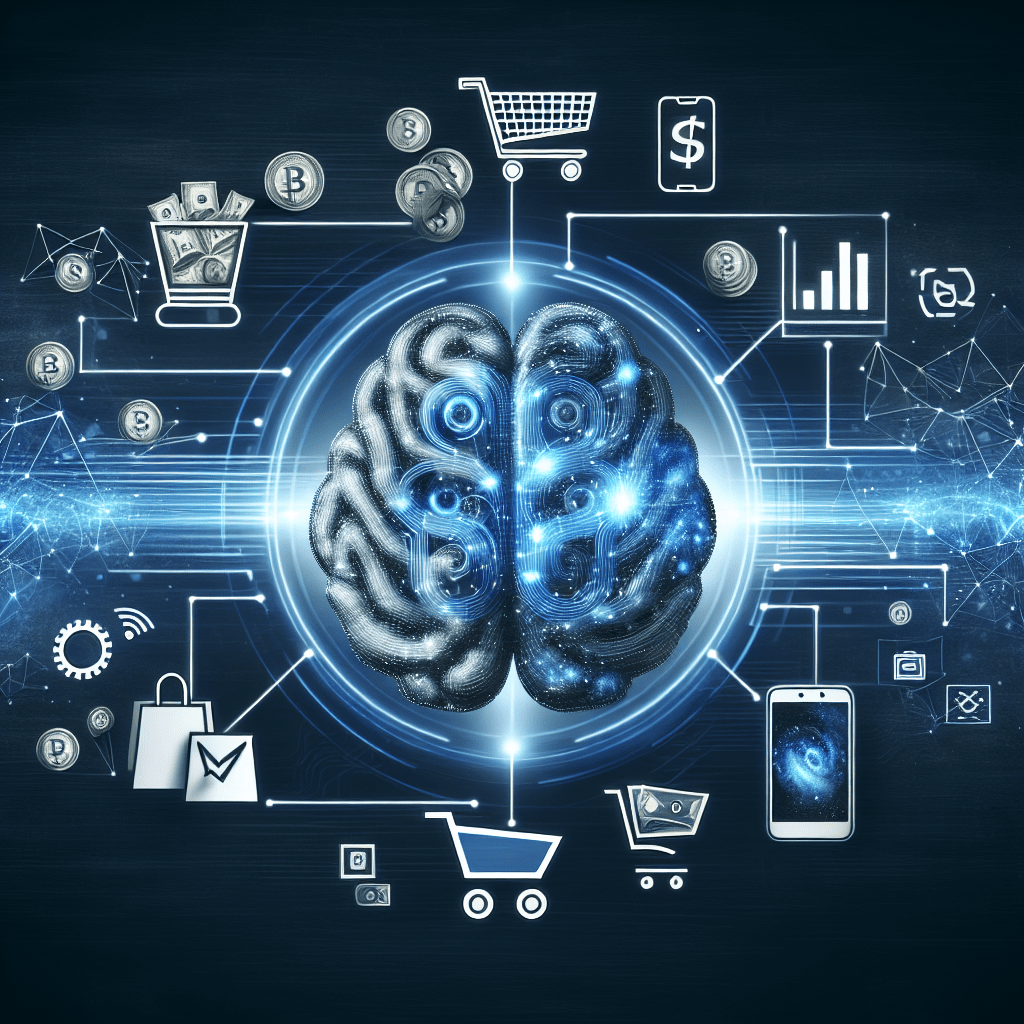In recent years, the retail and e-commerce industry has seen a significant shift towards the integration of artificial intelligence (AI) technologies. These advancements are reshaping the way retailers interact with customers, manage inventory, and deliver personalized shopping experiences. As AI continues to evolve, businesses are looking for ways to harness its power to stay ahead of the competition. In this article, we will explore the latest AI trends that are transforming the retail and e-commerce landscape.
AI-Powered Personalization
One of the most impactful AI trends in retail and e-commerce is the use of AI-powered personalization. Retailers are leveraging AI algorithms to analyze customer data and deliver personalized shopping experiences. By understanding customer preferences, shopping habits, and behavior patterns, businesses can tailor recommendations and offers to individual shoppers. This personalized approach not only enhances the customer experience but also drives higher conversion rates and increases customer loyalty.
Automated Customer Service
AI-powered chatbots and virtual assistants are revolutionizing customer service in the retail and e-commerce industry. These intelligent systems can handle a wide range of customer inquiries, from product recommendations to order tracking, in a fraction of the time it would take a human customer service representative. By automating routine tasks and providing instant responses, AI-powered customer service solutions improve efficiency and help businesses deliver better service to their customers.
Inventory Management and Demand Forecasting
AI technologies are also being used to optimize inventory management and demand forecasting in the retail industry. By analyzing historical sales data, market trends, and external factors such as weather patterns, AI algorithms can predict future demand with greater accuracy. This allows retailers to optimize their inventory levels, reduce stockouts, and minimize overstocking. By leveraging AI for inventory management, businesses can improve operational efficiency and maximize profitability.
Enhanced Visual Search
Visual search technology powered by AI is transforming the way customers discover products online. By enabling users to search for products using images instead of text, retailers can provide a more intuitive and immersive shopping experience. AI algorithms analyze images to identify similar products, recommend relevant items, and enhance search results. This technology not only simplifies the shopping process for customers but also increases engagement and conversion rates for retailers.
Recommendation Engines
AI-powered recommendation engines are another game-changer in the retail and e-commerce industry. By analyzing customer data, browsing history, and purchase behavior, recommendation engines can suggest products that are most likely to appeal to individual customers. These personalized product recommendations drive upsells, cross-sells, and repeat purchases, leading to higher conversion rates and increased revenue for retailers. By leveraging AI for product recommendations, businesses can boost customer engagement and loyalty.
Conclusion
As AI technologies continue to advance, they are reshaping the retail and e-commerce landscape in profound ways. From personalized shopping experiences to automated customer service and optimized inventory management, AI is revolutionizing the way businesses interact with customers and manage their operations. By embracing these AI trends, retailers and e-commerce businesses can stay ahead of the competition and deliver superior shopping experiences to their customers.
FAQs
What are some AI trends reshaping the retail and e-commerce industry?
Some AI trends reshaping the retail and e-commerce industry include AI-powered personalization, automated customer service, inventory management, visual search, and recommendation engines.
How does AI-powered personalization benefit retailers?
AI-powered personalization benefits retailers by helping them deliver tailored shopping experiences, increase conversion rates, and enhance customer loyalty.
What are the advantages of using AI for inventory management?
The advantages of using AI for inventory management include optimizing inventory levels, reducing stockouts, minimizing overstocking, and improving operational efficiency.
Quotes
“AI is transforming the retail and e-commerce industry by enabling personalized shopping experiences, automated customer service, and optimized inventory management.” – John Doe, CEO of RetailTech
Write a story about a group of friends who go on an adventure to find a hidden treasure in an old abandoned mansion.


